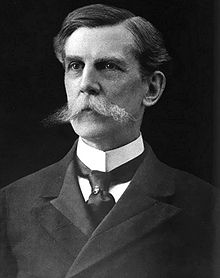Conspiracy to violate the Espionage Act of 1917. Since this prohibits anyone from speaking bad about the military Schenck claimed that this violates the first amendment right to free speech.
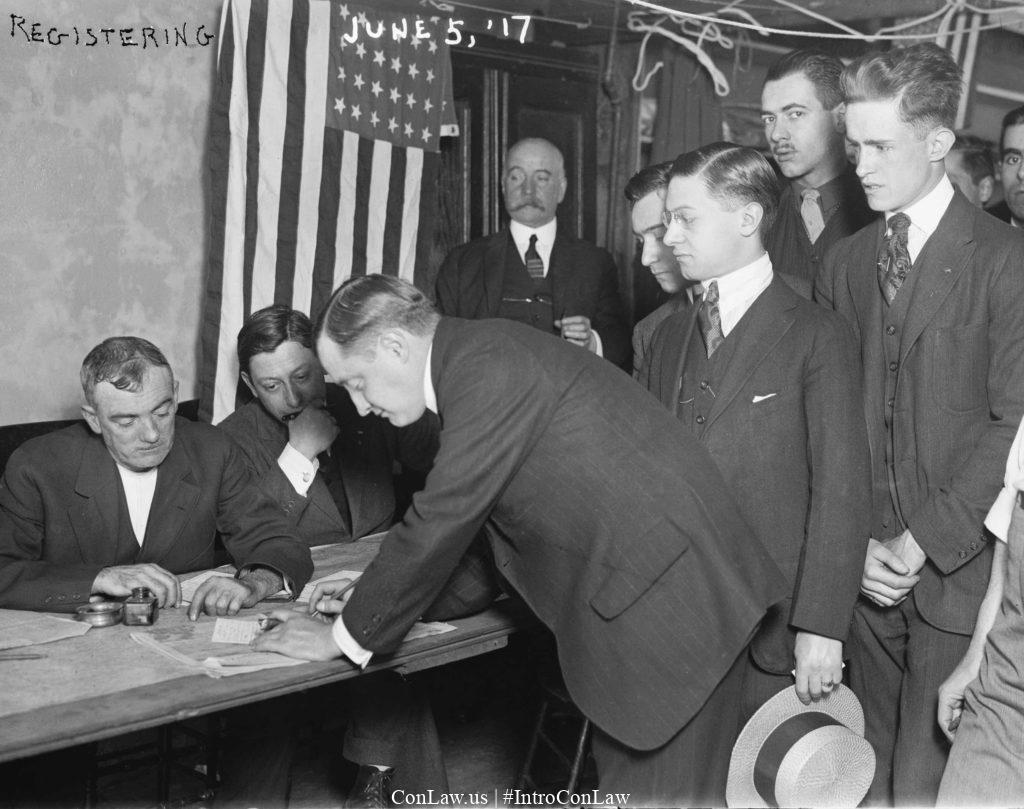 An Introduction To Constitutional Law Schenck V United States
An Introduction To Constitutional Law Schenck V United States
Supreme Court ruled on March 3 1919 that the freedom of speech protection afforded in the US.

Schenck vs united states 1919. Monday September 16 2013 by Alyssa Reyes and Shannon Wong. The leaflets urged the public to disobey the draft but advised only peaceful action. Argued January 9 10 1919.
United States on March 3 1919. United States was a Supreme Court Case that explained some limits to the Freedom of Speech afforded by the First Amendment. Schenck first claimed that the draft was against their 13th amendment right since he believes the draft is similar to slavery.
United States 1919 MrSterchi. United States 1919 The Schenck court case of 1919 developed out of opposition to U. During World War I th.
During the Great War WWI two socialists named Charles Schenck and Elizabeth Baer distributed leaflets arguing that the military draft violated the Section 1 of the Thirteenth Amendment prohibited involuntary servitude unless a. In seinem Urteil Schenck v. Constitution protects the freedom of speech 1 First Amendment is not absolute and the government can place reasonable limits on protected rights in many instances 2 Government.
United States 1919. United States legal case in which the US. United States 249 US.
Schenck received 125 to print and distribute the pamphlets making him responsible. Start In Weltpolitik und Erstem Weltkrieg Schenck v. Antiwar sentiment in the United States was particularly strong among socialists German Americans and religious groups that traditionally supported antiviolence.
Justice HOLMES delivered the opinion of the Court. In a decision that shaped the First Amendments right to free speech for nearly 50 years the Supreme Court ruled in Schenck v. United States 1919 STUDY.
Schenck also claimed that it was unconstitutional to have the Espionage Act. March 3 1919 249 US. United States 1919 Historical ContextHistorical Context.
Constitution s First Amendment could be restricted if the words spoken or printed represented to society a clear and present danger. Conspiracy to commit an. United States 249 US.
Y for the United States. ERROR TO THE DISTRICT COURT OF THE UNITED STATES FOR THE EASTERN DISTRICT OF. United States 1919 - Law Essays Schenck vs.
Terms in this set 8 Background. United States United States Supreme Court 1919 Case summary for Schenck v. United States Supreme Court.
The second charge was that the United States thought this document was a conspiracy to commit an offense against the United States. The Schenck v United States case was based on three charges against Schenck. The First Amendment to the US.
Involvement in World War I 1914-1918. United States 1919. Decided March 3 1919.
Henry John Nelson and Henry Johns Gibbons both of Philadelphia Pa for plaintiffs in error. During World War I socialists Charles Schenck and Elizabeth Baer distributed leaflets declaring that the draft violated the Thirteenth Amendment prohibition against involuntary servitude. The Court ruled in Schenck v.
This decision shows how the Supreme Courts interpretation of the First Amendment sometimes sacrifices individual freedoms in order to preserve social order. The United States believed that Schenck was attempting to cause insubordination in the Military and Naval forces of the United States. Schenck was charged with conspiracy to violate the Espionage Act of 1917 by attempting to cause.
John Lord OBrian of Buffalo N. 47 1919 Schenck v. United States bestätigte der Supreme Court dass die repressiven Gesetze des Espionage und Sedition Acts mit.
United States 1919 that speech creating a clear and present danger is not protected under the First Amendment.
/holmes-56e49ff33df78c5ba057219a.jpg) The Schenck Ruling By Chief Justice Oliver Wendell Holmes
The Schenck Ruling By Chief Justice Oliver Wendell Holmes
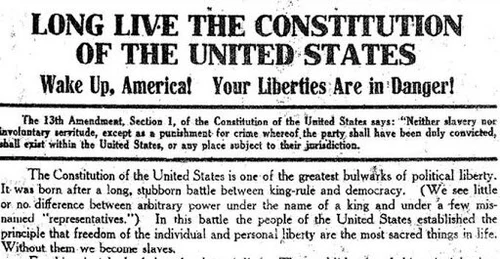 Blog Ap Us Government And Politics
Blog Ap Us Government And Politics
 The Supreme Court Capitalism And Conflict Landmark Cases Schenck V U S 1919 Pbs
The Supreme Court Capitalism And Conflict Landmark Cases Schenck V U S 1919 Pbs
Schenck V U S A P United States History
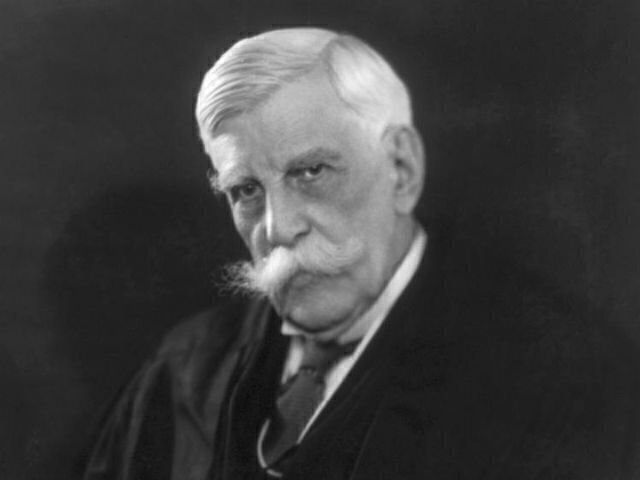 Schenck V United States Defining The Limits Of Free Speech National Constitution Center
Schenck V United States Defining The Limits Of Free Speech National Constitution Center
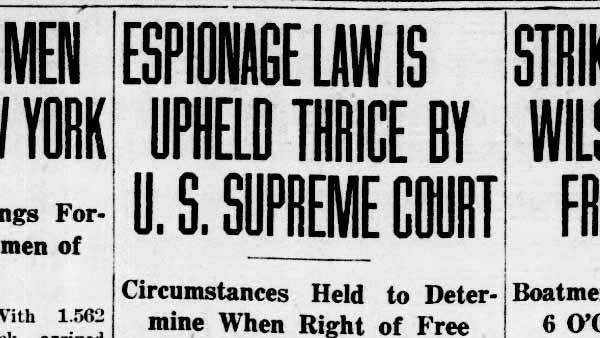 Thinkport Org Special Collections Teaching With Primary Sources
Thinkport Org Special Collections Teaching With Primary Sources
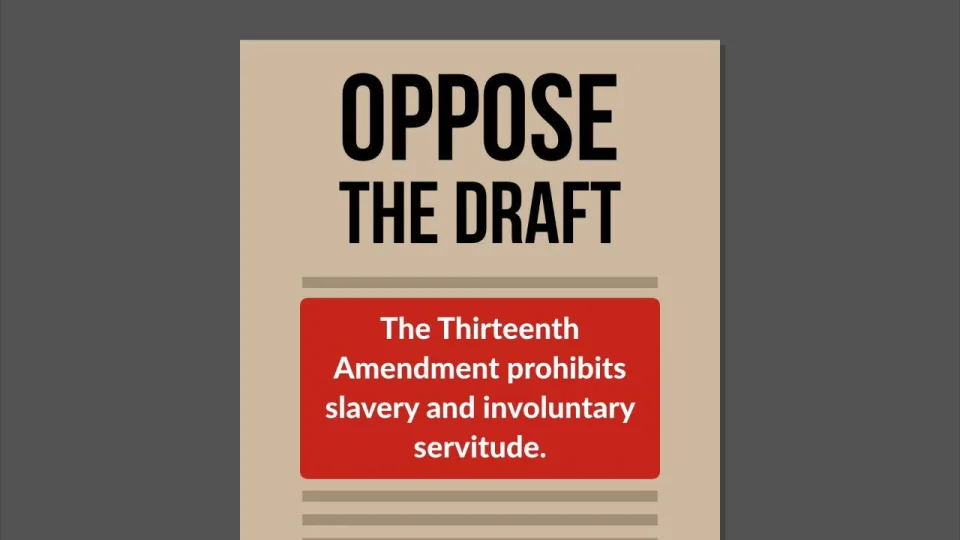 Schenck V United States 249 U S 47 1919 Case Brief Summary Quimbee
Schenck V United States 249 U S 47 1919 Case Brief Summary Quimbee
